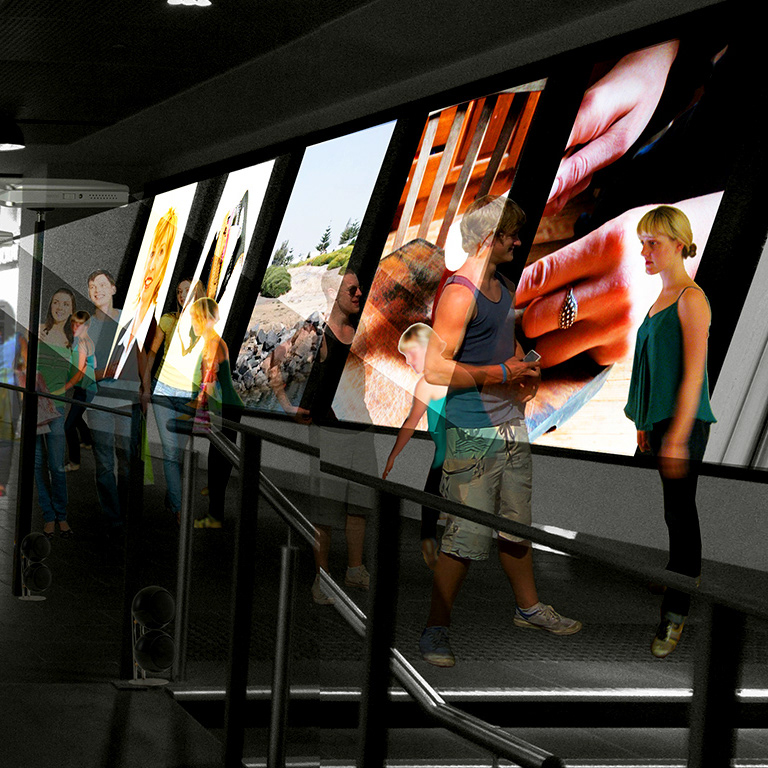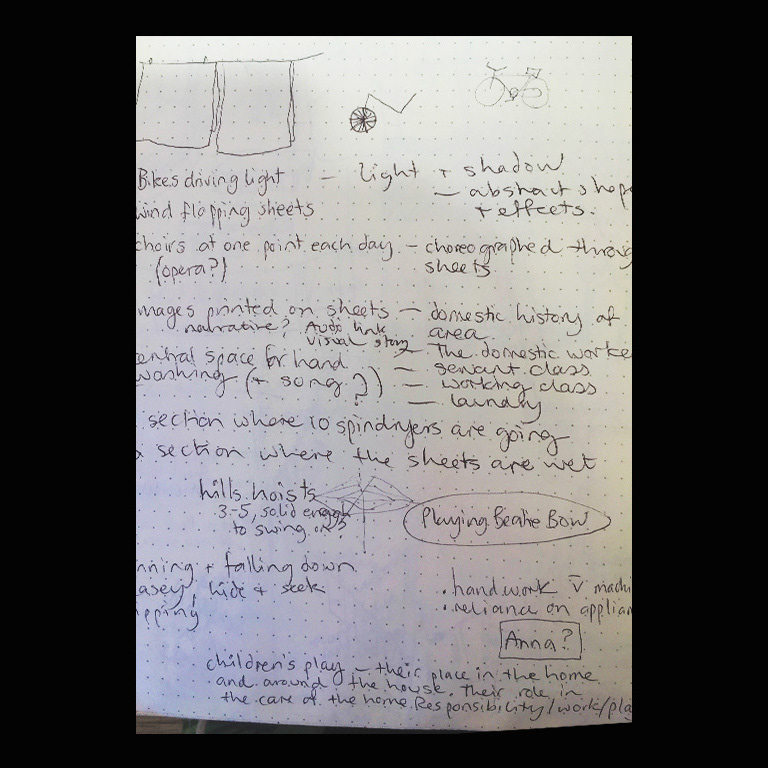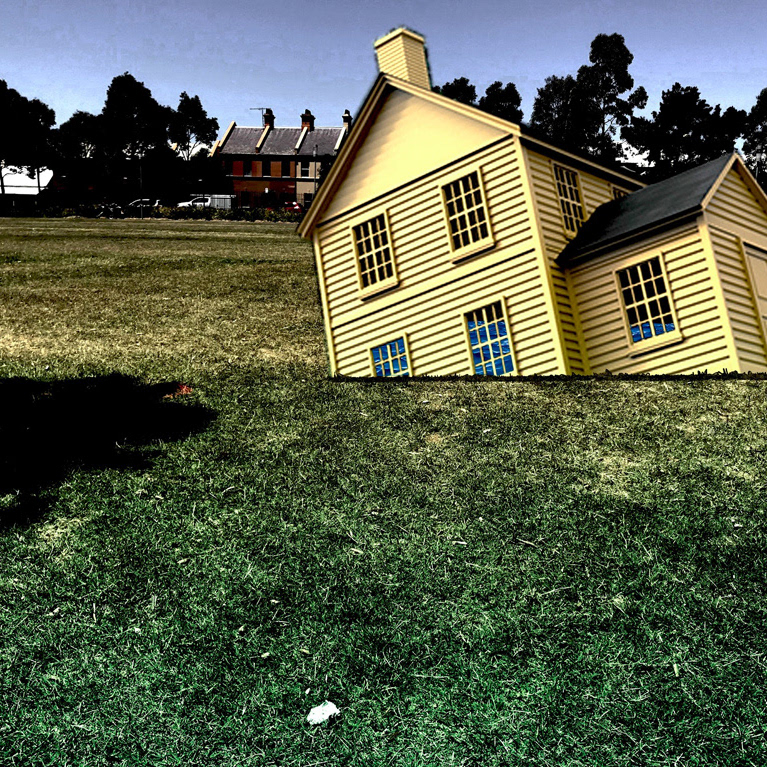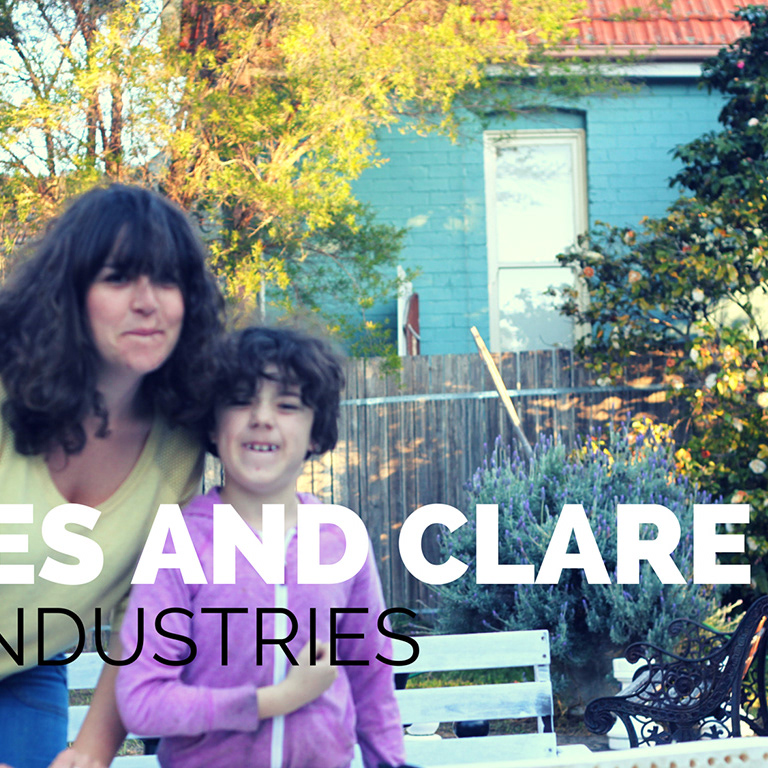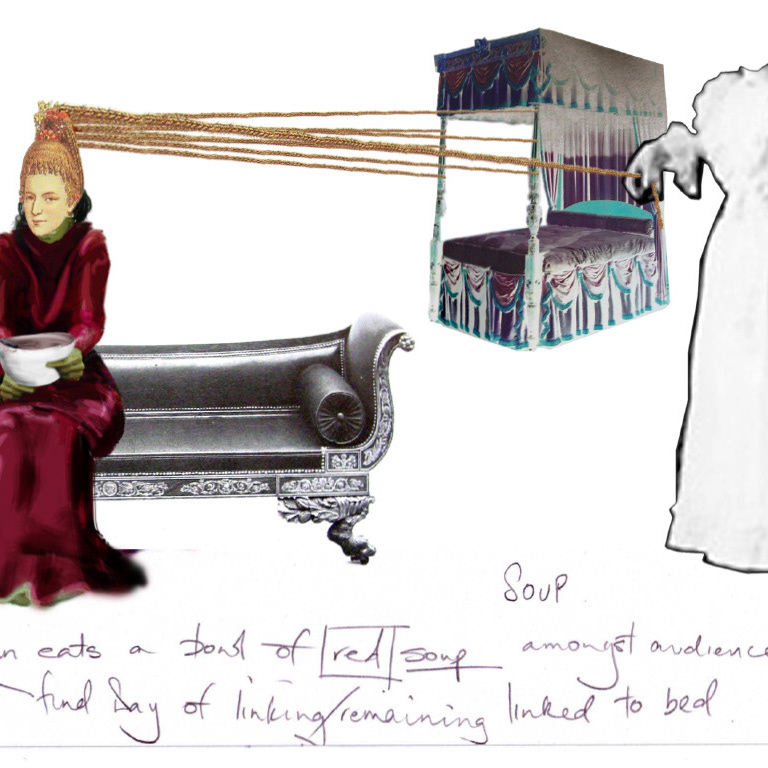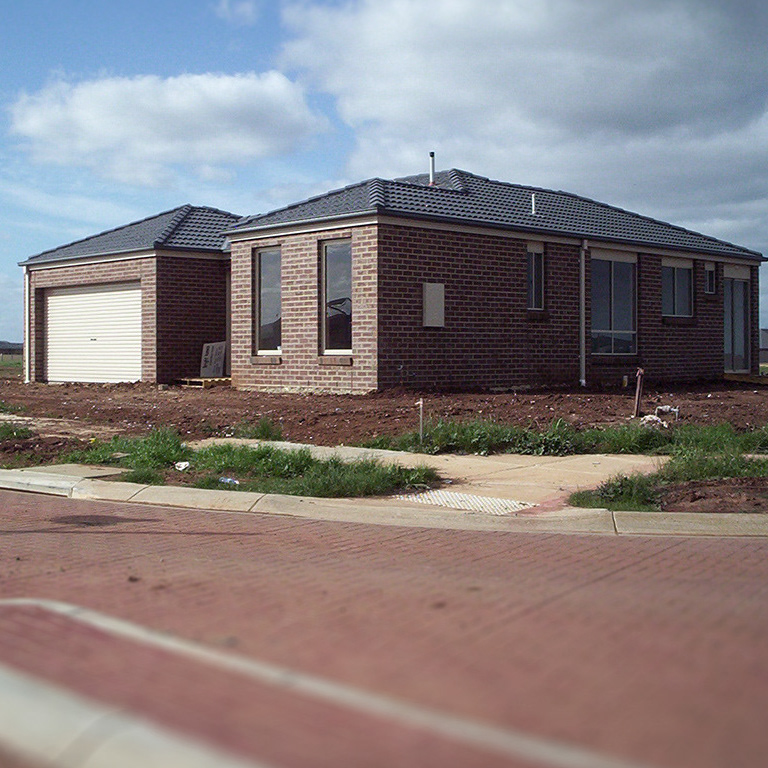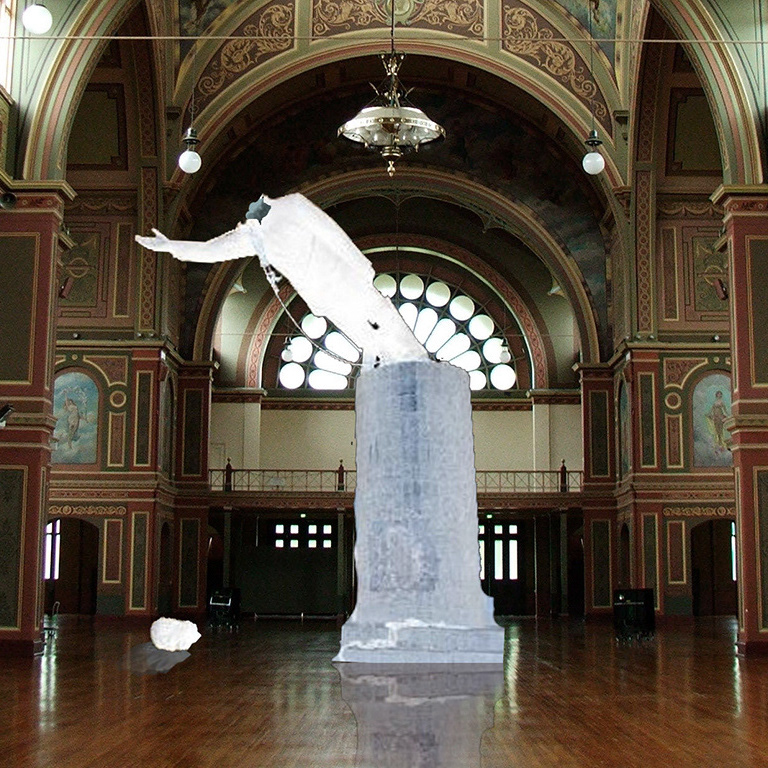Imagination is a theatre of sorts.
It begins in protean darkness. Memory and invention wind around each other like strands of DNA, birthing monsters and angels, the never-to-be-born and the long dead, the impossible and the unrealised. In this place nothing has edges: interior contemplation and worldly experience are fragmented narratives of feeling, functions of memory. The physical senses morph into metaphors of themselves, so that smell and colour and touch and taste are interchangeable languages, allusions that indiscriminately summon the past, the present, the future, abolishing time.
I have no visual imagination, so this theatre is a place of rhythm and touch, of connections that articulate themselves through webs of feeling. They shape themselves into words. I have no idea when words became my primary means of making meaning for myself, but I do know it started very early. I sometimes wonder how much this restricts what it is possible to think. There are many ways of articulating thought.
On this stage without images I play the subconscious dramas that become my understanding of whoever it is who manipulates these words, the part of me that is the writer. My understanding is always partial. I can’t perceive the mechanisms that impel the narratives, that bring this memory to the surface but not that one, that insist on this colour of feeling but not the other.
Much as I dislike the mystification that often attends thinking about imagination, this process is almost entirely obscure to me. I loathe the ideas of divine inspiration or the muse, but I understand why artists invent them. Something happens that resists the conscious mind. The moment of articulation into form occurs inside a black box that remains closed.
I might be able to trace an originatory thought, a moment when an idea occurs; I can certainly measure the labour that occurs afterwards. But the movement that translates intellectual memory, sensory impulse, conscious and unconscious thought, or the vague shape of feeling into a formal outline, a narrative, a poem, an articulated thought, always eludes me. I have no idea what it is or how it works.
This theatre of imagination is peopled and multiple, as dreams are: so many ghosts, so many memories. It bears the imprints of every conversation I’ve had, every tweet and poem, every play and sculpture and tree, the view from every window I’ve looked through, the smell of every animal I’ve touched, human or non-human, all the scars of pleasure and pain. But it is solitary. I am the only audience.
The theatre I imagine, on the other hand, is full of people. Each person brings their own theatre of imagination, their own private, inarticulable galaxies of connection and feeling. In this common space, the galaxies begin to dance together in the joyous gravity of performance. The heat of our breath warms the air and permits our bodies to relax into their natural permeability, freed at last of the armours that separate us from each other.
We know in this space that we are not discrete and separate, but fountains of flesh making and remaking ourselves through infinities of possibility, each different from all the others, yet vibrating in harmonies of meaning. We become ourselves by becoming other, strange and familiar at once. Time is suspended in the music of continuous becoming. The past and the present and the future are all singing in our common breaths.
I have been in this theatre. Sometimes for a moment, sometimes for a long series of moments. It begins in darkness, sometimes, and sometimes in light. In this theatre there are images and sounds, the inhaled breath of others that enters my memory, changing me again. Perhaps they will become words. Perhaps they will remain unworded, beautiful reminders of all the worlds that are not me.
First Published 2018
Edited by Peter Eckersall, Helena Grehan & Nicola Gunn.
© 2018 Imagined Theatres
